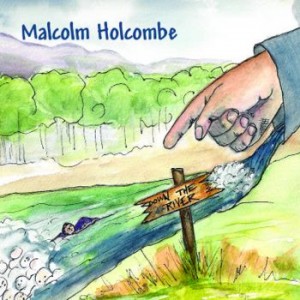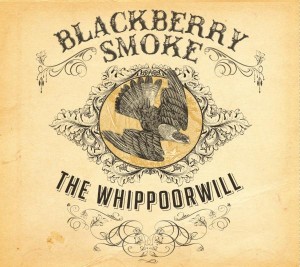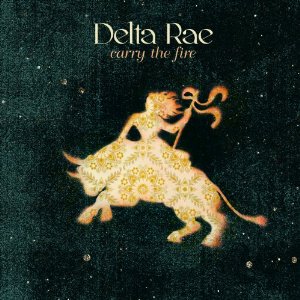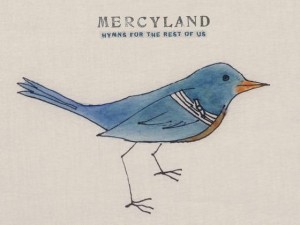 People often wondered why Gram Parsons, a member of a 60’s generation that cast off the past so dramatically, would choose to perform music so informed by country music clad in the garish uniform of the institution, a Nudie suit. Granted the suit was adorned in spangled by pot leaves. But still, what gives? Was he a novelty act? But then you heard “Hickory Wind” and you knew this wasn’t hippie irony. This was reverence.
People often wondered why Gram Parsons, a member of a 60’s generation that cast off the past so dramatically, would choose to perform music so informed by country music clad in the garish uniform of the institution, a Nudie suit. Granted the suit was adorned in spangled by pot leaves. But still, what gives? Was he a novelty act? But then you heard “Hickory Wind” and you knew this wasn’t hippie irony. This was reverence.
Ontario-based singer/songwriter Daniel Romano stares at you from his latest release ‘Come Cry With Me” donned in a brown, Nudie-style, bespangled suit. Stetson, hipster ‘stache and sideburns. Like a retro Instagram filter set to Country Gold. Romono dares you not to ask “is this dude kidding?”
By music don’t lie. ‘Come Cry With Me” is as real as anything that’s come out as country music scene since it moved from the porch to the studio mic.
Like Chuck Ragan and Austin Lucas, Romano spent his youth in punk and hard rock msuic founding the indie-rock outfit Attack in Black. Like them his journey led him to the music he grew up listening to A music with stylistic and thematic ties to punk and hard rock. Country and folk music.
Hank (Williams and Snow) Gram, Willie, Waylon, Billy Joe, Ernest, George Jones – they would all identify Romono’s fourth solo record as spiritual and melodic kin.
Weepers like “The Middle Child” and “Two Pillow Sleeper” used to spend weeks at the top of the jukebox charts and brings to mind long-forgotten smokey bars, broken hearts and cheap beer.
But it’s not all tales of the misbegotten and downtrodden. “Chicken Bill” takes a page out of the Cash book of Boom Chicka Boom and pulls the chair out with a mysterious ending. The wry humor and double entendre soaked “When I Was Abroad” sound like a result of a Roger Miller and Shel Silverstein amphetamine-fueled songwriting session at the Playboy Mansion.
And the excellent celebration of 3/4 waltzes “Just Before The Moment” would make Lefty Frizzell smile and cause Music Row execs the night sweats.
The rebellion that shapes punk and hard rock music has led Romano to one of the most rebellious acts he could undertake in today’s cultural environment. Creating an honest-to-God country music record.

[soundcloud url=”https://soundcloud.com/crashave/sets/daniel-romano”]











